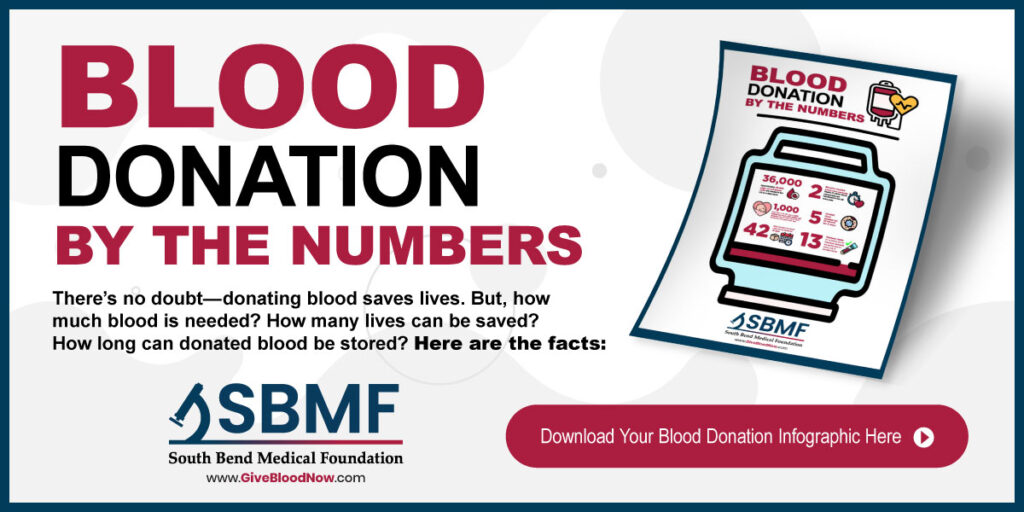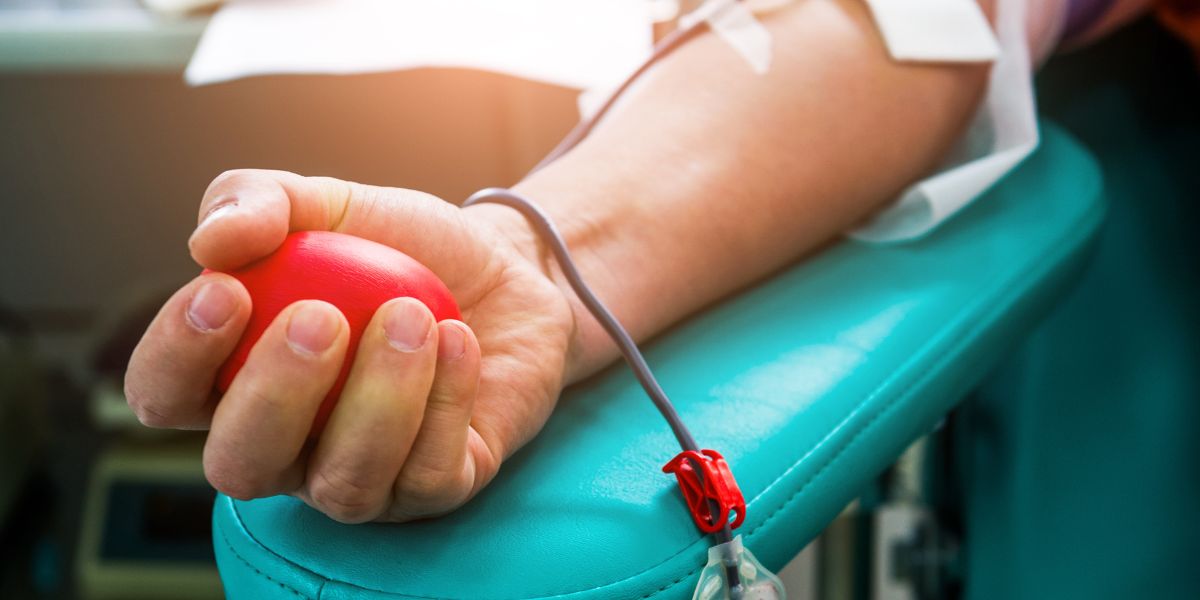Blood donation is a selfless act that can have a significant impact on someone’s life; one donation can help save up to three lives. However, there are several myths about donating blood that are commonly circulated that can discourage people from donating. Addressing these myths can help encourage more people to donate blood and make a difference.
Learn the 4 Surprising Benefits of Donating Blood
What are Some of the Common Myths about Donating Blood?
1. Donating Blood
Though everyone’s experience varies differently, most donors report that the process is relatively painless. You may feel a slight pinch or sting when the needle is inserted, but blood donation should not be a painful process. As the blood is being drawn, you may only feel a slight pressure or tugging sensation.
2. It Will Take a Long Time to Donate
Blood donation usually doesn’t take a long time. It typically takes less than an hour, and before the donation donors are required to complete a basic health screening to check for temperature, pulse, and blood pressure. You will also answer a few questions about your medical history to ensure that you are eligible to donate blood. The actual donation process takes about 10-15 minutes.
3. I Don’t Have a Rare Blood Type, So I Don’t Have to Donate
This is such a common misconception about blood donation. While some blood types are rarer than others, all blood types are needed. The most common blood type is O-positive, which makes up 38% of the population. Even if your blood type is not in high demand, your donation can still make a significant difference.
4. I’m Too Old to Donate Blood
Age shouldn’t be a barrier to donating blood. In the United States, there is no upper age limit. You are allowed to donate blood as long as you are in good health and meet the eligibility requirements.
5. I’m on Medication, So I Can’t Donate Blood
If you are taking medication, that doesn’t necessarily mean you are unqualified to donate. Certain medications used to treat high blood pressure, diabetes, or other chronic conditions will not prevent you from donating blood as long as your condition is controlled and stable. It’s important to notify the donation centers of any medication you take.
6. I Have a Tattoo, So I’m Not Allowed to Donate Blood
If you have a tattoo, you can donate blood as long as it is applied by a state-regulated artist that uses sterile needles and ink. Otherwise, you will have to wait three months.
7. Blood Can be Stored Forever
Blood has a limited shelf life and must be used within a certain time frame to ensure its safety and effectiveness. Blood can be stored for up to six weeks. That’s why it’s important for donors to give blood regularly since there is a constant need for fresh donations. (Red cells have a 42-day shelf life, Platelets have only 5-day shelf life, and plasma frozen has a 1-year shelf life.)
Donate Blood at SBMF
Despite the various myths and misconceptions that exist about blood donation, it is important to emphasize the crucial role it plays in saving lives. The demand for blood donations is constant, and SBMF relies on the generosity of volunteer donors to ensure that there is an adequate supply of blood available for those who need it. If you want to donate blood, schedule an appointment today!





